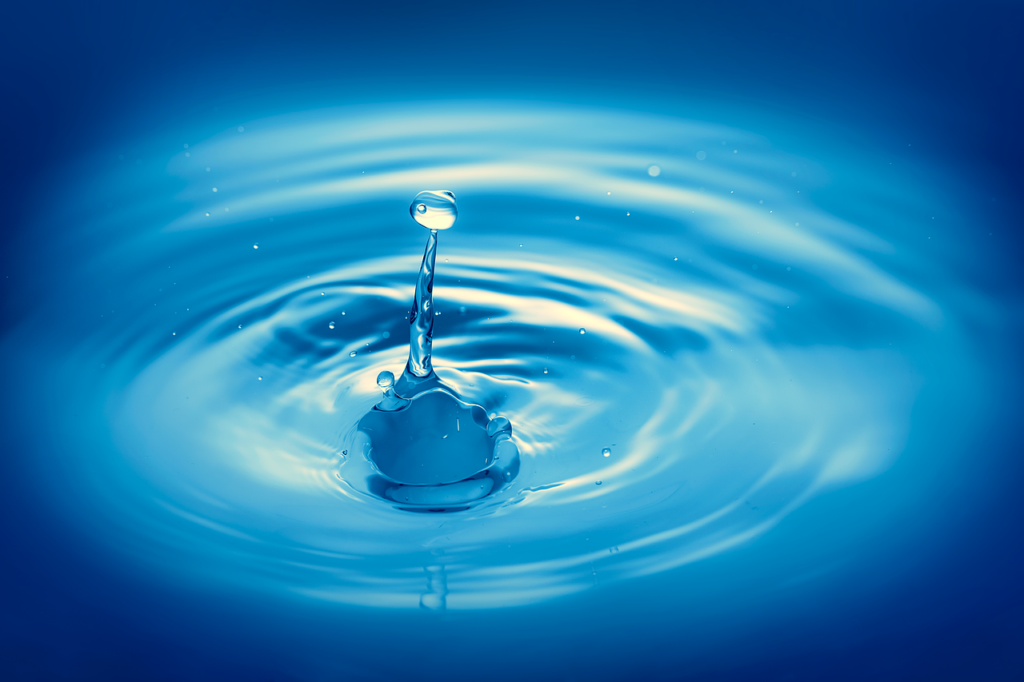When you think about workout recovery, you might immediately consider protein shakes or rest days. However, there’s another vital component to recovery that’s often overlooked: electrolytes. These tiny minerals play a significant role in maintaining your body’s fluid balance, nerve function, and muscle health. In this blog, we’ll explore why they are essential for workout recovery, how they work, and the best ways to replenish them.
What Are Electrolytes?
They are minerals that carry an electric charge when dissolved in body fluids. The most common electrolytes include sodium, potassium, calcium, magnesium, chloride, bicarbonate, and phosphate. These minerals are crucial for various bodily functions, including:
- Maintaining fluid balance
- Conducting nerve impulses
- Regulating muscle contractions
- Balancing pH levels
How They Work
When you exercise, your body sweats to cool itself down. Sweat contains water and electrolytes, primarily sodium and chloride, but also potassium, calcium, and magnesium. As you lose these electrolytes, your body’s balance of fluids can be disrupted, leading to dehydration and other complications.
1. Fluid Balance and Hydration
Electrolytes help maintain the balance of fluids inside and outside your cells. Sodium, in particular, plays a critical role in regulating the amount of water in your body. When you sweat, you lose both water and sodium, which can lead to dehydration if not replenished. Proper hydration ensures that your muscles can contract efficiently and reduces the risk of cramps and fatigue.
2. Nerve Function
Electrolytes are essential for transmitting nerve impulses. These impulses are responsible for signaling your muscles to contract. Potassium and sodium are particularly important in this process. Without adequate levels of these, your nerve function can be impaired, leading to muscle weakness and fatigue.
3. Muscle Contraction
Calcium, sodium, and potassium are vital for muscle contraction. Calcium triggers muscle contractions, while sodium and potassium help generate the electrical impulses needed for these contractions. Magnesium also plays a role by assisting with muscle relaxation after contraction. An imbalance in these electrolytes can result in muscle cramps, spasms, and prolonged recovery times.
The Importance of Electrolytes in Workout Recovery
After a strenuous workout, your body needs to recover and repair itself. Electrolytes are essential in this recovery process for several reasons:
1. Replenishing Lost Minerals
During intense exercise, you can lose a significant amount of electrolytes through sweat. Replenishing these lost minerals is crucial for maintaining optimal bodily functions. Failing to replace electrolytes can lead to dehydration, muscle cramps, and delayed recovery.
2. Reducing Muscle Cramps
Muscle cramps are a common issue during and after workouts. They are often caused by an imbalance of electrolytes, particularly sodium, potassium, and calcium. Ensuring you have enough of these minerals can help prevent cramps and muscle spasms, allowing for a smoother recovery.
3. Enhancing Rehydration
Water alone is not enough to rehydrate after a strenuous workout. Electrolytes help your body absorb and retain the fluids you consume, making rehydration more effective. This is why many sports drinks and recovery beverages include a mix of electrolytes.
How to Replenish Electrolytes
To effectively replenish, consider incorporating the following strategies into your post-workout routine:
1. Drink Electrolyte-Rich Beverages
Sports drinks, coconut water, and specially formulated drinks are excellent options for replenishing electrolytes. These beverages often contain a balanced mix of sodium, potassium, and other essential minerals.
2. Eat Electrolyte-Rich Foods
Certain foods are naturally high in electrolytes. Bananas, oranges, and avocados are rich in potassium, while dairy products and leafy greens provide calcium. Nuts and seeds are good sources of magnesium, and table salt can help replenish sodium levels.
3. Use Electrolyte Supplements
If you have a particularly intense workout regimen or sweat heavily, you might benefit from supplements. These are available in various forms, including tablets, powders, and capsules.
Credible Sources and Further Reading
For more detailed information on the importance of electrolytes and their role in workout recovery, consider reading the following articles:
- Harvard Health Publishing – Electrolytes: The Spark of Life
- Mayo Clinic – Sports Drinks: Do They Really Help?
- National Institutes of Health – Magnesium: Fact Sheet for Consumers
Conclusion
Electrolytes are essential for optimal workout recovery. They help maintain fluid balance, support nerve function, and facilitate muscle contractions. By understanding their importance and knowing how to replenish them, you can enhance your recovery process and ensure your body remains in peak condition. Remember to also incorporate rich foods, drinks, and supplements into your post-workout routine for the best results.

